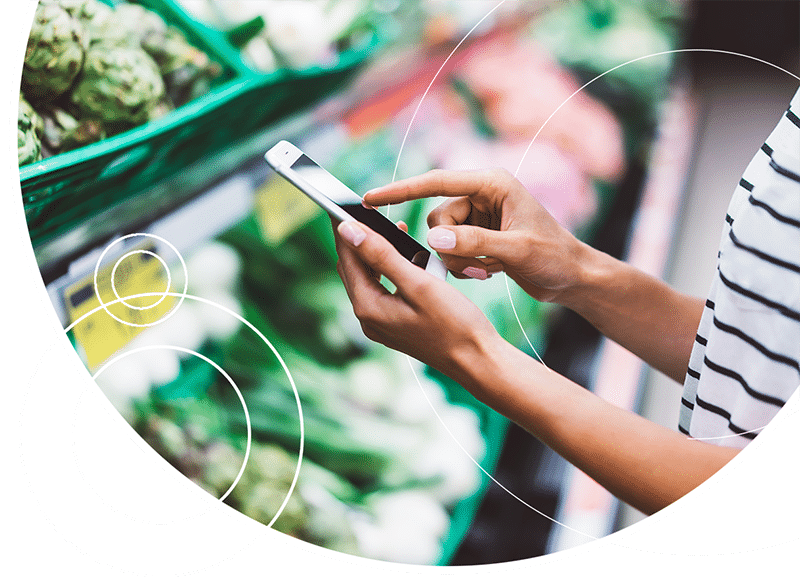2020 has been quite the year thus far—and all memes, political, medical, and social rants aside—the outcome of everything combined over mere weeks and months has propelled retail of all types into a completely new and different world. In fact, the borderline surreal nature of this past quarter has not just changed retail, but the customer as well, introducing a new way of shopping, interacting, and connecting to the stores and restaurants they love the most.
And perhaps that’s the key—all you need is love. Not to steal from the Beatles, but they did have a point and retail has proved that in just a few short months. The main reason retailers are surviving is the connection they made with customers pre-2020, the very thing that saved them as the doors were forced to close this past winter.
So why is that? Not to get too far down a rabbit hole, but Maslow’s Hierarchy of Needs seems to apply in far too many ways to retail—especially now. As people flocked to support the local stores that they have always loved, so too did the stores flock to them. The special accommodations made by restaurants, grocery, speciality stores, and so on, all played into Maslow principles.
Think of the concept of contactless shopping and what it has taught retailers around the globe. The first Maslow Principle is Physiological Needs. Now, I know that this may sound odd but food is a primary attribute in that category. As we witnessed grocery stores being emptied of food and supplies in the early stages of lockdowns, that Principle proved itself correct. As grocery stores and restaurants did everything they could to accommodate people’s basic needs, people in turn returned the gesture by frequenting those establishments.
However, that example is not where this is important. Where Maslow’s theory truly comes into play is the last four categories: Safety Needs, Love and Belonging, Esteem, and Self-actualization.
Look at personal safety, contactless shopping began with that principle. After all, it is to keep people safe. And that measure of safety was and continues to be not just appreciated, but rewarded with return business, word-of-mouth marketing, and brand accolades.
Then comes the Love and Belonging category. Again, contactless shopping was at first just a means to an end. But so much more has been learned. As people started to call retailers, interact even more online, and so on, bonds were formed both naturally and even technologically. Better records of purchases had to be kept, notes as to what customers purchased needed extra attention, pickup preferences had to be captured, and above all personal connections were fostered.
As for the next category, I think this one speaks for itself. When we speak of Esteem—at least as it pertains to Maslow—respect and recognition are significant contributors. Therefore, showing a customer that you know them, respect them, understand them, and value them, becomes the definition of modern retail. I can personally attest to this as the wonderful staff at the local coffee shop now knows me by name, knows my order and, though conversations are short, they even know a little about me personally as do I about them. It’s amazing how the simplest of bonds can go along way in making someone’s day.
And last, there is Self Actualization—perhaps this is where it all turns back to the retailer. If the premise is that Self Actualization within the hierarchy is the desire to become the most that one can be, then this should be the driving force for retailers. If 2020 has proven anything, resilience and the will to succeed paired with a good brand can be the saving grace of business even in the toughest of times. Investing in the ability to create and maintain relationships has proven the key ingredient in all of this, and will need to be further addressed.
The best lesson that has been gifted to retailers through all of this madness, and what contactless shopping has really shown, is that people want to be treated as individuals. That’s all. They simply want to be viewed as a part of something, where they contribute as much to the retailer as the retailer contributes to them. Human beings are by nature social creatures—let’s all try to be social together going forward. Imagine the possibilities.

